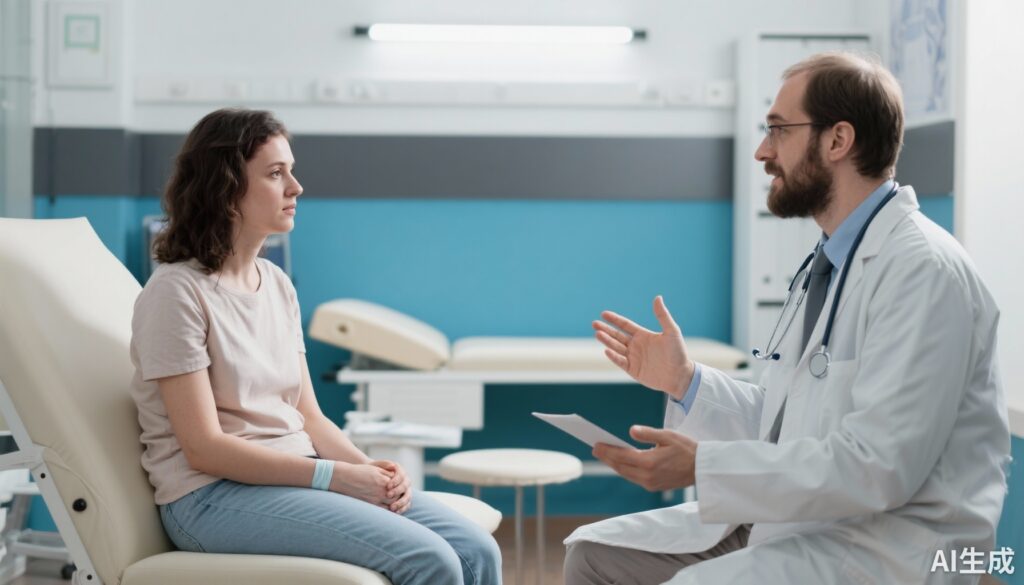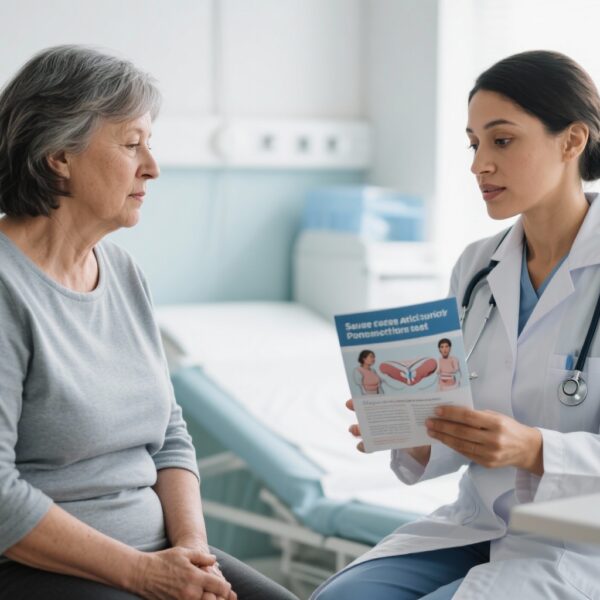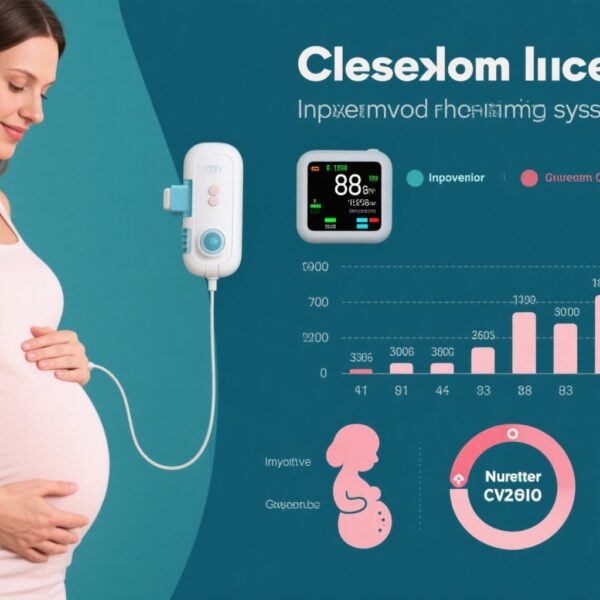Introduction
Postoperative sexual activity is a significant aspect of quality of life for women undergoing urogynecologic surgeries such as pelvic organ prolapse (POP) or urinary incontinence (UI) repairs. Historically, healthcare providers have emphasized physical recovery, but addressing psychological readiness and patient expectations regarding resumption of sexual activity remains crucial. The clinical challenge involves not only physical healing but also ensuring patients feel prepared and confident to re-engage in sexual intimacy.
A recent randomized controlled trial (RCT) by Kim-Fine et al. (2025) sheds light on the role of targeted counseling interventions in improving patient preparedness and sexual function after such surgeries. This article critically synthesizes the study’s methodology, results, and clinical implications, providing insights into optimizing postoperative sexual health management.
Study Context and Unmet Needs
Women undergoing urogynecologic surgeries often face concerns about when and how to resume sexual activity postoperatively. Although guidelines recommend waiting at least 6 weeks, many women return earlier, sometimes before their tissue has adequately healed, risking dyspareunia or recurrence. Furthermore, many women report feelings of unpreparedness or anxiety, which can diminish sexual satisfaction.
Despite these issues, current counseling practices tend to be generic and inconsistent. There is a paucity of evidence from randomized studies evaluating whether structured interventions can improve psychological readiness, reduce sexual pain, and facilitate healthier sexual resumption.
Study Design and Methods
The study by Kim-Fine et al. was a multicenter, randomized controlled trial involving women planning to be sexually active after POP or UI surgeries. Participants were recruited at 6 to 8 weeks post-surgery, an optimal window for assessing recovery status.
The trial compared usual counseling with an intervention counseling approach. The intervention included tailored education on healing timelines, addressing concerns about pain and dyspareunia, and guidance on emotional preparedness. Participants were followed up at monthly intervals up to 6 months to record the onset of sexual activity and assess preparedness, pain, and sexual function using validated tools such as the Pelvic Organ Prolapse/Urinary Incontinence Sexual Questionnaire, IUGA-Revised (PISQ-IR).
The primary outcome was the self-reported feeling of preparedness to resume sexual activity, measured on a six-point Likert scale. Secondary outcomes included timing of sexual activity resumption and incidence of dyspareunia.
Key Findings and Results
Out of 186 randomized women, 170 completed follow-up. The major findings were as follows:
– At the time of sexual activity resumption within 6 months, there was no significant difference in perceived preparedness between intervention and usual care groups.
– Notably, at 6 to 8 weeks post-intervention, women who received tailored counseling reported significantly higher preparedness (odds ratio [OR] 2.42, 95% confidence interval [CI] 1.03-5.65).
– These women also experienced less dyspareunia (OR 0.27, 95% CI 0.09-0.86), indicating reduced painful sexual intercourse.
– The median time to resume sexual activity was earlier in the intervention group (hazard ratio 1.46, 95% CI 1.06-2.01).
– In a sensitivity analysis including only women who had not yet resumed sex by 6 to 8 weeks, those in the intervention group had a substantially higher rate of feeling prepared (81% vs. 57%; adjusted OR 4.82, 95% CI 1.66-13.99).
Despite the intervention, approximately one-third of women returned to sexual activity before 6-8 weeks, underscoring persistent uncertainties and cultural influences.
Clinical Implications and Expert Commentary
The findings underscore the potential benefits of structured, personalized counseling in enhancing psychological readiness and reducing pain during sexual activity after urogynecologic surgery. The earlier return to sex observed among women receiving intervention counseling suggests that addressing emotional and informational needs can improve recovery experiences.
However, the lack of difference in preparedness at the actual time of sexual activity hints at complex factors influencing behavior—cultural norms, personal beliefs, partner dynamics—that counseling alone may not fully address.
Limitations include the absence of long-term sexual satisfaction data and the potential variability in counseling delivery across centers. Future studies should explore integrating partner involvement and evaluating long-term sexual health outcomes.
Conclusion and Future Directions
This randomized trial provides evidence that targeted counseling can enhance women’s perceived preparedness and reduce pain early in their postoperative recovery, promoting healthier sexual resumption. Implementing such interventions into routine postoperative care could improve overall sexual health and satisfaction.
Healthcare providers should consider personalized education and emotional support as key components of postoperative management, tailoring guidance to individual needs and cultural contexts. Further research is warranted to optimize counseling strategies, involve partners, and assess long-term benefits.
Funding for the study was provided by institutional grants, and it was registered at ClinicalTrials.gov (NCT05342090). The insights derived from this research can inform clinical guidelines and improve patient-centered care in urogynecology.



